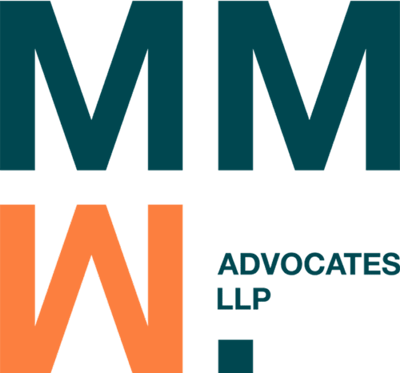Money makes the world go round and, in a world, where money is used in assessing value and facilitating transactions, banks, are deemed as steadfast allies.
The relationship, between banks and their customers is a tapestry woven in delicate trust and any breach by the bank in failing to delicately handle this relationship could lead to legal and reputational liability. As we shall see in Harit Sheth and Richard Kariuki T/A Harit Sheth Advocates v NIC Bank Limited (now NCBA) (Civil Suit 280 of 2010) the tapestry unraveled to the detriment of the Bank.
Harit Sheth and Richard Kariuki T/A Harit Sheth Advocates, a prominent city law firm, drew a cheque for about 13.2 million in favor of one of their clients knowing very well that their account had sufficient funds to settle the cheque. At the time the law firm had Kshs, 29 million in its account.
When the law firm’s client went to cash the cheque, the cheque was returned as dishonored. NCBA did not give any formal reasons as to why it chose to dishonor the cheque. The client, being disappointed that the cheque issued by the law firm was dishonored, lost trust in the firm and chose to terminate his engagement with the law firm.
The firm extremely aggrieved by the actions of the Bank to dishonor its cheque despite their being funds, proceeded to institute a suit on the grounds that reputation, character, and credit were severely damaged
The Bank subsequently proffered its defense and claimed that under its terms and conditions, it was obligated to verify and authenticate the validity of the cheque before honoring it. It further claimed that as part of its verification procedures, it made a call to the firm account’s signatories but to no avail. Subsequently, and upon no confirmation from the law firm on the validity of the cheque, it proceeded to dishonor it. It claimed that its actions were done to protect the law firm from fraud.
The court in its determination of the matter had this to say;
a) There were sufficient funds to effect payment of the cheque and there was no good ground to decline payment;
b) The bank had a duty to pay the law firm’s cheques as mandated, which duty should be exercised with reasonable care and skill.
c) The terms and conditions on verification were founded on discretion as it stated that the Bank would sometimes require verification and as such, this step was not mandatory. Moreover, the law firm did not request for any verification step to be undertaken before the payment of a cheque and as such, this was a breach of duty.
d) On the issue of loss of business, the court stated that dishonoring a cheque in such a circumstance could have a devastating effect on an advocate particularly where the Advocate is holding monies for his client. Therefore, the loss of business that came as a result of the dishonored cheque was foreseeable and thus not too remote.
In the end, the court found that the bank was in breach of its duty and ordered it to pay the law firm Kshs. 76 million in damages. Perhaps, going forward, Banks will exercise caution and we dare say some hesitation before quickly dishonoring a cheque. Just because the first call to a customer has gone unanswered does not mean that the cheque is not valid or should be dishonored.
